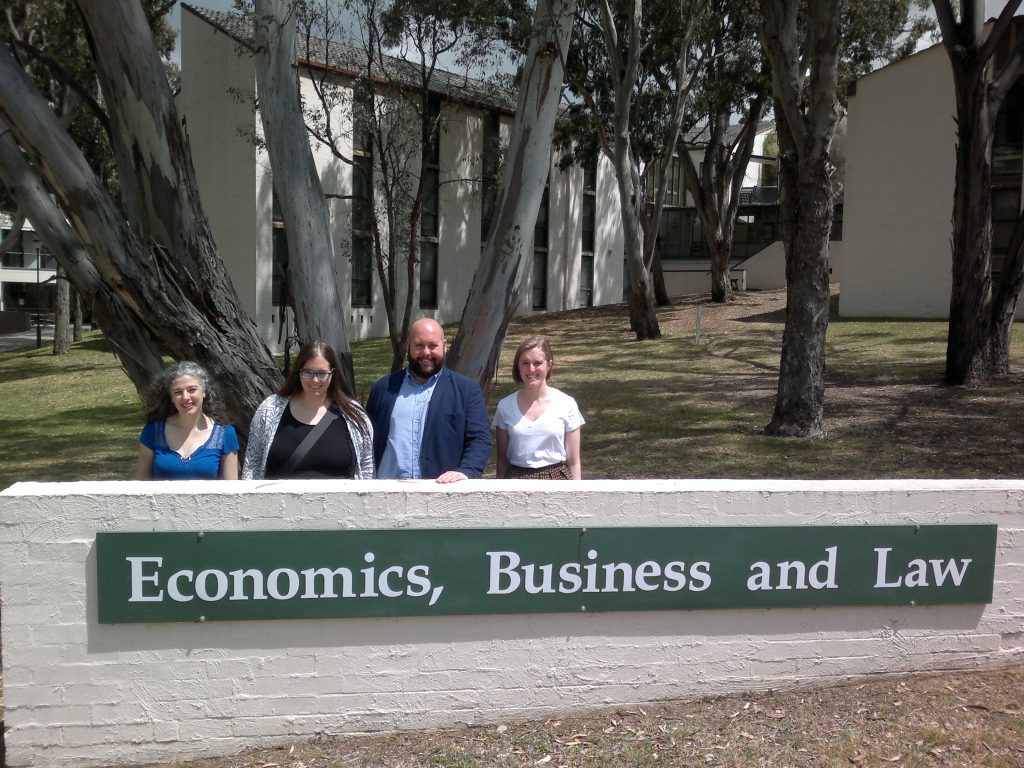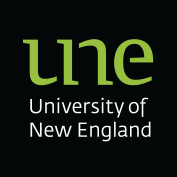UNE Business School welcomes Dr Scott Harrison from University of Siegen, Germany to our 2017 Seminar Series
Labour Market Dynamics, Skills Requirements and Research Funding Opportunities in Europe
This multifaceted seminar presents Dr Scott Harrison’s experience in the European academic environment. Both key results and lessons learned from the EDUWORKS project are presented, focused on labour market skills matching in the European context. The seminar covers three topics:
- Job market polarisation in the Spanish labour market. Previous research discusses how technological displacement of middle income earners has been the leading determinant of job polarisation in Spain. But this new research indicates that increased levels of education and migration both have significant effects on labour market changes.
- A knowledge management framework for managing collaborative research projects. This theoretical work syntheses current knowledge management concepts to provide a framework for managing knowledge in collaborative research projects, where multiple institutions are involved.
- Funding opportunities to collaborate with European research organisations. In particular, visiting fellowships and short-term exchange programs under the Erasmus+ scheme are covered.
View the full seminar via UNE Business School Seminar Series webpage.

(Left to right) – Ms. Peta Ryan, Ms. Annika Merkelbach, Dr Scott Harrison and Dr Jo Newton at UNE Business School, October 2017
 Scott Harrison is a Marie Curie Research Fellow at the University of Siegen, Germany, working on research on labour market and skills requirements in the 21st century (www.eduworks-network.eu). Scott attained both a Bachelor’s degree with honours and a PhD from UNE in Economics. Specifically, his PhD work focused on econometric modelling for educational outcomes and student retention. His postdoctoral research work included collaborations with computer scientist in the area of learning analytics, specifically in the areas of machine learning and semantic knowledge representation. From the project, Scott is proactively engaged in helping PhD students and early career researchers develop skills in statistical analysis, logical reasoning, and public speaking for effective science communication.
Scott Harrison is a Marie Curie Research Fellow at the University of Siegen, Germany, working on research on labour market and skills requirements in the 21st century (www.eduworks-network.eu). Scott attained both a Bachelor’s degree with honours and a PhD from UNE in Economics. Specifically, his PhD work focused on econometric modelling for educational outcomes and student retention. His postdoctoral research work included collaborations with computer scientist in the area of learning analytics, specifically in the areas of machine learning and semantic knowledge representation. From the project, Scott is proactively engaged in helping PhD students and early career researchers develop skills in statistical analysis, logical reasoning, and public speaking for effective science communication.



Recent Comments